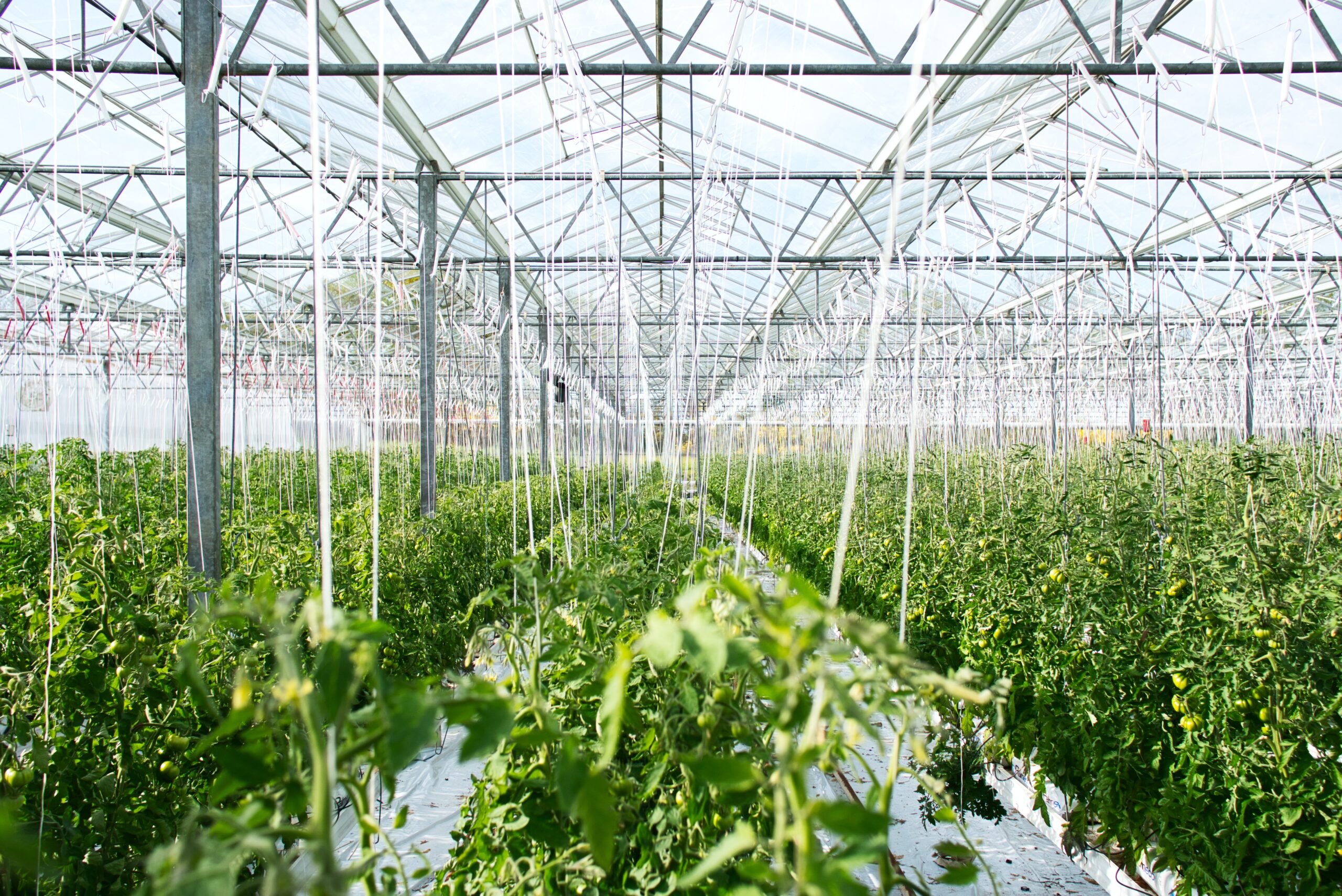Food policy is crucial for countries and global society as it plays a pivotal role in ensuring food security, promoting sustainable agriculture, and fostering economic development. It encompasses a wide range of measures and strategies aimed at regulating and guiding the production, distribution, and consumption of food. Effective food policies can contribute to addressing various challenges such as hunger, malnutrition, poverty, and environmental degradation.
Importance of Food Policy for Countries
- Ensuring Food Security: Food security is a fundamental human right, ensuring that all people have access to sufficient, safe, and nutritious food at all times to meet their dietary needs and lead active and healthy lives. Food policy plays a critical role in achieving food security by promoting increased agricultural production, enhancing food distribution systems, and implementing social safety nets to support vulnerable populations.
- Promoting Sustainable Agriculture: Sustainable agriculture is crucial for ensuring long-term food security and environmental protection. Food policy can encourage sustainable agricultural practices by providing incentives for farmers to adopt eco-friendly methods, promoting research and development in sustainable agriculture, and regulating the use of harmful pesticides and fertilizers.
- Fostering Economic Development: Agriculture is a major sector in many countries, contributing significantly to employment and economic growth. Food policy can promote economic development by supporting small-scale farmers, enhancing market access for agricultural products, and investing in rural infrastructure.
- Addressing Nutritional Challenges: Malnutrition, including both undernutrition and overnutrition, is a significant global health concern. Food policy can address nutritional challenges by promoting breastfeeding, encouraging consumption of nutritious foods, and implementing school feeding programs.
- Promoting Healthy Food Choices: The rise of unhealthy dietary patterns, characterized by high consumption of processed foods and sugary drinks, has led to an increase in obesity and chronic diseases. Food policy can promote healthy food choices by implementing labelling regulations, restricting marketing of unhealthy foods to children, and subsidizing fruits and vegetables.
Importance of Food Policy for Global Society
- Addressing Global Hunger: Food policy can play a significant role in addressing global hunger, which affects millions of people around the world. International collaboration and coordinated food policies can help to increase food production, improve access to food, and reduce poverty in developing countries.
- Promoting Sustainable Development: Food systems have a significant impact on the environment, contributing to climate change, deforestation, and water pollution. Sustainable food policy can promote environmentally friendly practices, reduce food waste, and encourage sustainable consumption patterns.
- Protecting Public Health: Foodborne illnesses pose a serious threat to public health. Food policy can protect public health by implementing food safety regulations, strengthening food inspection systems, and promoting responsible food handling practices.
- Ensuring Fair Trade: Food policy can promote fair trade practices in the global food system, ensuring that producers in developing countries receive fair prices for their products and that labor rights are respected.
- Promoting Food Sovereignty: Food sovereignty emphasizes the right of people to healthy and culturally appropriate food produced through ecologically sound and sustainable methods. Food policy can support food sovereignty by empowering local communities, promoting agroecology, and protecting local food systems.
In conclusion, food policy is a critical tool for addressing the complex challenges faced by countries and global society in ensuring food security, promoting sustainable agriculture, fostering economic development, and protecting public health. Effective food policies can contribute to a more just, equitable, and sustainable world where all people have access to nutritious food and can lead healthy and fulfilling lives.
